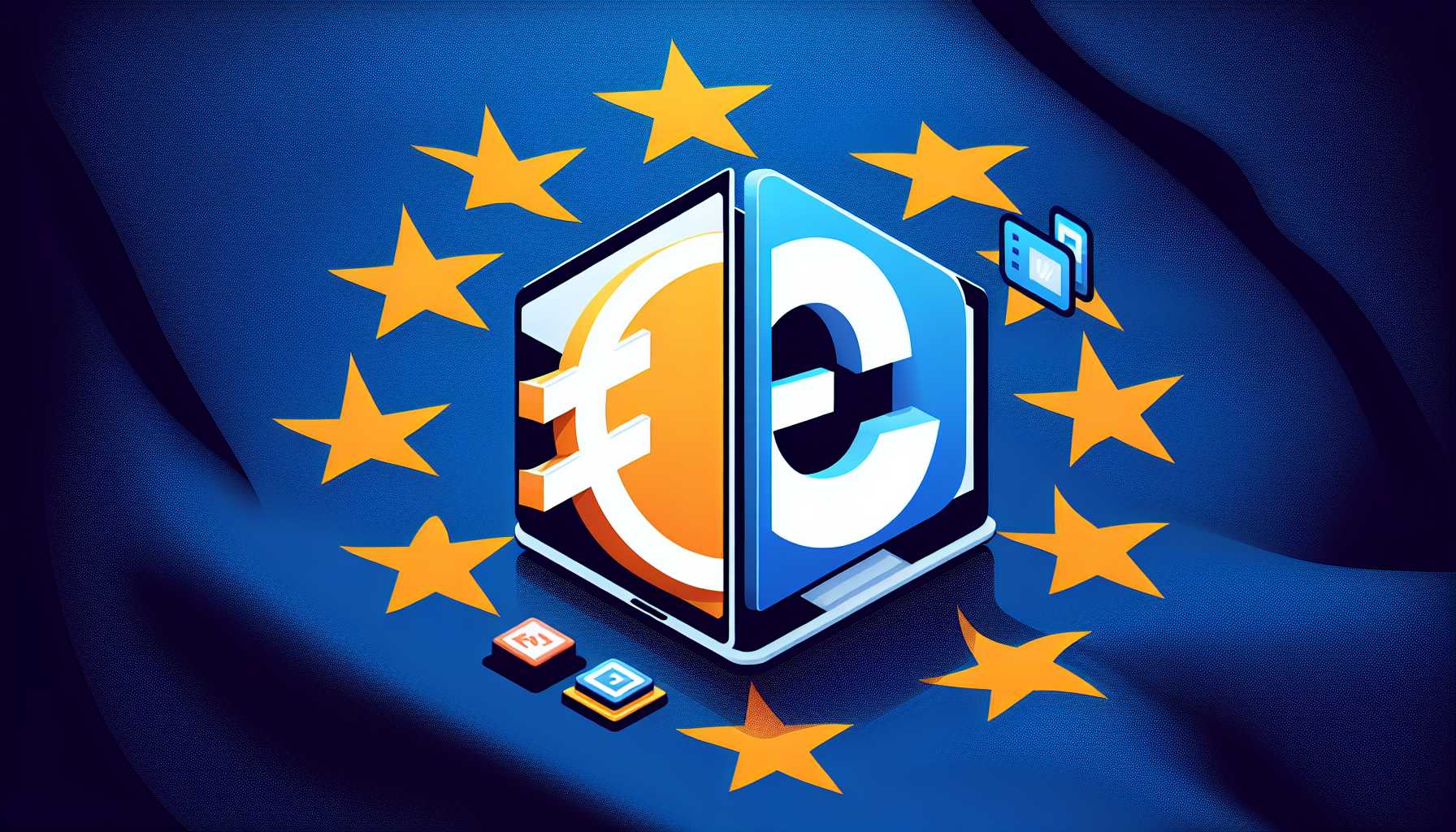The Big Acquisition: Cadent Sweeps Up AdTheorent
The advertising realm is witnessing a new behemoth in town—and it’s a combination of two trailblazers. Cadent, the juggernaut of converged TV advertising, has bagged AdTheorent, a titan of machine learning-powered programmatic advertising, in a whopping $260 million deal. This fusion spawns an omnipotent omnichannel audience activation platform—a silver bullet targeting the heart of both traditional and digital advertising ecosystems.
As a tech investor and aficionado, I marvel at the strategic mastery behind this move. Combining Cadent’s infrastructural might with AdTheorent’s machine learning prowess is akin to assembling a Vermeer with a Picasso. Their synergy promises a reimagined landscape where data intelligence meets media efficiency, underscoring the metamorphosis of the advertising sector.
Microsoft Plays It Safe, Decouples Teams from Office
In a different corner of the tech ring, Microsoft has finessed its way through antitrust scrutiny, wielding the compliance katana to split its esteemed Office suite from the beloved Teams app for global sales. This echoes the brand’s previous strategy in Europe-—a deft maneuver to duck a formidable antitrust uppercut from EU regulators.
As a techie with an affinity for grand tales of David versus Goliath, this subplot does not fail to intrigue. Seemingly yielding to the titan-kneeling force of regulatory oversight, Microsoft’s decision reflects the ongoing battle between innovation and regulation. I can’t help but wonder, will this separate sell benefit the end-users, or is it merely a play to appease the omnipotent regulatory deities?
Google Bows Before Privacy Protectors
On the pivot of privacy, Google has taken a rare step back. Settling a lawsuit accusing it of tracking users in incognito mode, the tech behemoth agrees to obliterate private browsing records and concede a snippet of its data-collection dominion. Initiating updates to its disclosures and allowing incognito denizens to block third-party cookies, the giant turns a page on privacy transparency.
The settlement sends ripples beyond mere legal resolution – it touches on the very essence of digital trust. As a tech storyteller, I see this as a pivotal moment in our collective digital narrative—a juncture where we reevaluate the quid pro quo of convenience for privacy.
Intel’s Foundry Fumble: A $7 Billion Drop
Tumbling from a precipice of profitability, Intel’s foundry operations report a staggering $7 billion operational loss in 2023. Caught in the crosshairs of innovative ambition and stark reality, Intel now faces a prolonged path to financial stability.
Watching Intel navigate these turbulent waters fascinates me as both a product manager and a tech enthusiast. Their tenacity in facing manufacturing woes head-on, while investing in groundbreaking technologies such as extreme ultraviolet lithography, encapsulates the relentless vigor of the chip industry. Yet the high-stakes game of chipmaking comes with cautionary tales, admonishing us that even titans can falter.
Music Giants Versus AI: A Battle for Artistic Integrity
An ensemble of music maestros, including Billie Eilish and Nicki Minaj, has raised the standard against unsanctioned AI mimicry. Banding together, they plea for stringent oversight on AI’s creative encroachment, guarding the sanctity of human artistry against tech’s potentially grasping claws.
From my perch as a tech spectator, I heed this harmony of protest as a crucial conversation starter. The dichotomy between innovation’s allure and creative protectionism invites us to question: where should we draw the line? When does the magic of machine learning become a mirage, obscuring the fundamental rights of creators?
AI Missteps in the Courtroom: A Judge Strikes Back
In the sober halls of justice, a Washington state judge clamps down on AI-altered evidence—a decisive rebuff to the notion that AI can unearth latent truths within pixelated frames. This ruling, stemming from a high-profile triple-murder case, ushers in a critical assessment of AI’s place within the legal system.
Witnessing this rebuff of techno-excess from my armchair promotes a sigh of relief. It displays judicial wisdom, signaling a broader perspective needed as we integrate AI into our societal fabric. True, AI has the potential to illuminate, yet without a tether to reality, it risks leading us into a wilderness of falsehoods.
As machines continue to evolve, and as their consequences ripple through every aspect of our lives, we must maintain a keen vigilance. For every Microsoft that bends to pressure, a Google might emerge from the ashes of a privacy debacle, and every Intel loss could birth new innovations or, dare I say, greater introspection among tech giants. Whether in advertisements, courtrooms, or boardrooms, the narrative of tech never ceases to captivate—replete with conquests, setbacks, and ceaseless transformation. To the keen observer, every byte tells a story, and human resolve remains the indomitable constant






